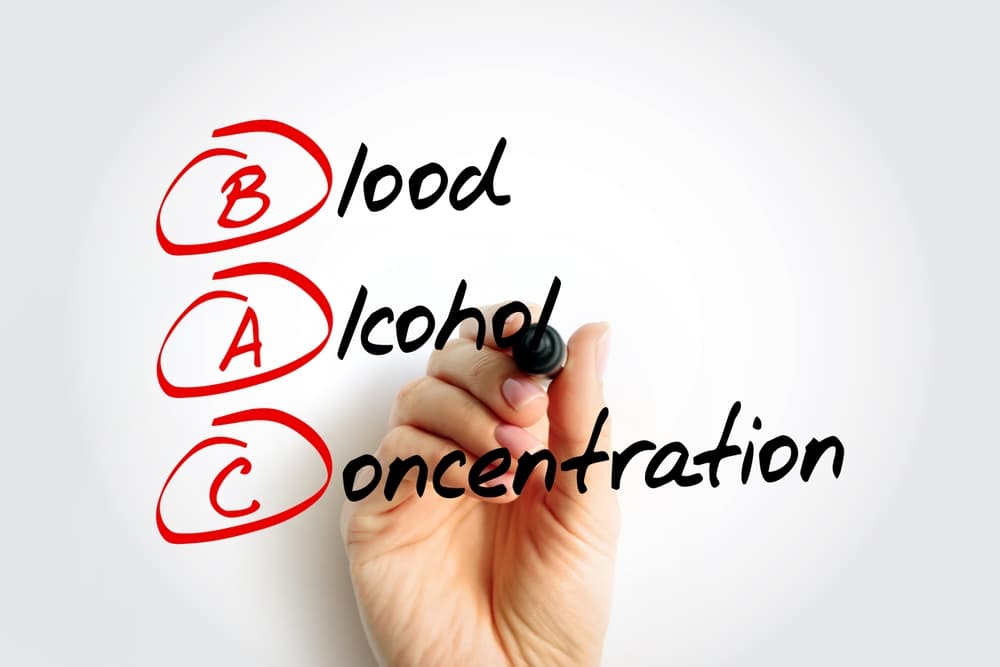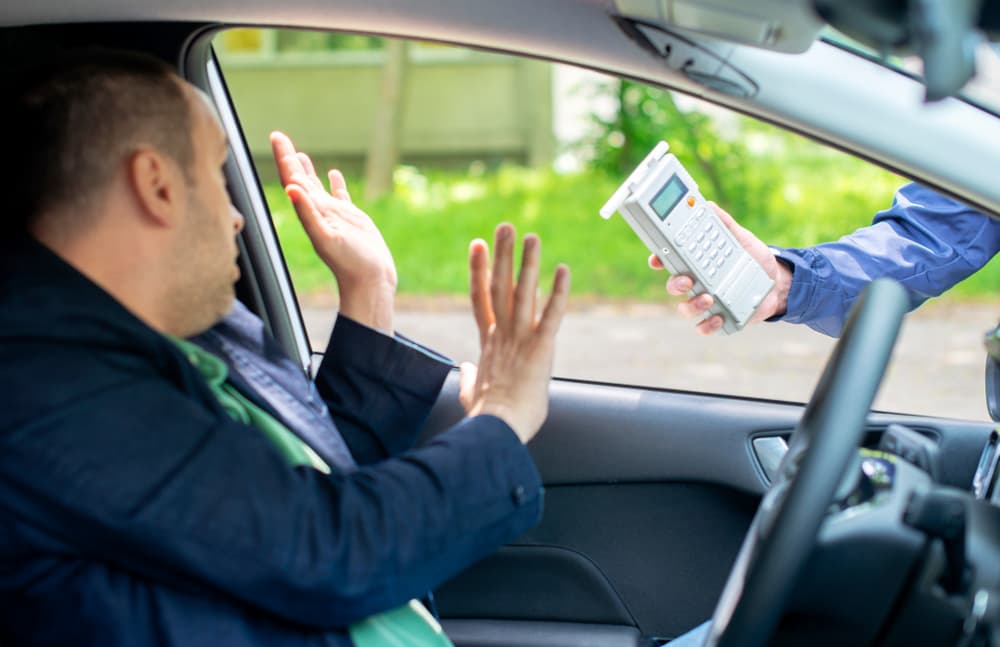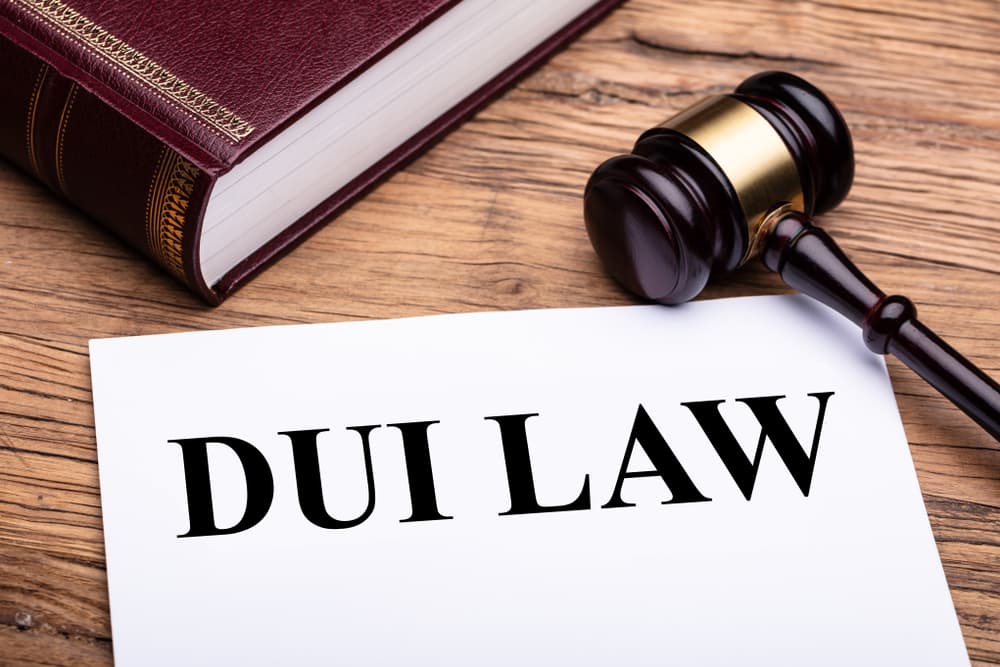
When you’re pulled over on suspicion of driving under the influence (DUI), one of the key moments during the stop is when the officer asks you to submit to a blood alcohol content (BAC) test. These tests determine whether your BAC is over the legal limit. But what happens if you refuse the test? You’ve likely heard stories about people refusing and wondering if it’s the right thing to do.
Refusing a BAC test can have serious consequences, even if you believe it’s the best way to protect yourself. Greenville, SC DUI defense lawyers are often asked about the implications of refusing a BAC test, so let’s break down what you can expect if you choose to say no.
Implied Consent Laws
One of the first things you need to know is that, by driving on public roads, you’ve already agreed to something called “implied consent.” Implied consent laws vary by state, but they essentially mean that by accepting a driver’s license, you’ve also agreed to submit to a BAC test if you’re lawfully arrested for DUI. This agreement is part of the privilege of driving, not a right you can freely exercise without consequences.
If you refuse to take a BAC test after you’ve been arrested, you’re technically violating the implied consent law in your state. Doing so can lead to automatic penalties, which are separate from any DUI charges you might face. These penalties are typically enforced by the Department of Motor Vehicles (DMV), not the court system, which means you can face them even if you’re not convicted of DUI.
What Happens During a BAC Test Refusal?
When you refuse a BAC test, the immediate consequences depend on whether you’re refusing a preliminary breath test (PBT) or a post-arrest chemical test. It’s important to distinguish between these two types of tests, as they carry different implications.
Preliminary Breath Test (PBT)

A PBT is often administered at the scene of the traffic stop before you’ve been formally arrested. This handheld breathalyzer shows the officer whether your BAC is above the legal limit. In many states, you can refuse a PBT without facing immediate penalties. However, the officer may still arrest you based on other factors, such as your behavior or the smell of alcohol.
If you refuse the PBT, the officer may proceed to arrest you if they believe they have probable cause. They’ll then ask you to take a formal chemical test at the police station or a medical facility.
Post-Arrest Chemical Test
After you’ve been arrested for DUI, you’ll be asked to take a chemical test to measure your BAC. This test can be a breath test using a stationary machine at the police station or a blood or urine test at a medical facility. If you refuse this post-arrest test, you violate the implied consent law, which triggers automatic penalties.
Immediate Penalties for Refusing a BAC Test
Refusing a BAC test doesn’t mean you’ll avoid consequences. The penalties for refusing are often harsher than those for failing the test. The reason is that most states want to discourage refusals and make it clear that you can’t avoid responsibility simply by saying no.
Here’s what you can expect if you refuse a post-arrest BAC test:
License Suspension
One of the most common and immediate penalties for refusing a BAC test is a suspension of your driver’s license. In many states, this suspension is automatic and happens regardless of the outcome of your DUI case.
The length of the suspension depends on the state you’re in and whether it’s your first refusal. In South Carolina, for example, you can face a driver’s license suspension of at least six months for a first refusal. That suspension increases to nine months for a second refusal.
You’ll likely receive a notice that your license will be suspended within a certain number of days (typically between 10 and 30) unless you request a hearing. If you fail to request a hearing in time, your suspension will begin automatically.
Fines and Fees
In addition to losing your license, refusing a BAC test often involves fines and fees. These costs can add up quickly, especially if you need to reinstate your license after the suspension period. Some states impose specific fines for BAC test refusals, while others fold these fines into the penalties for DUI-related offenses.
You’ll also need to consider the cost of legal fees, especially if you’re fighting the suspension or the DUI charge in court. DUI defense lawyers can help guide you through the process, but refusing a test sometimes means you’ll face higher fines in the long run.
Ignition Interlock Device
Some states give those who refuse a BAC test a choice. They can choose a license suspension (and receive a restricted license) or agree to the installation of an ignition interlock device (IID) in their vehicle. This device requires you to blow into a breathalyzer before starting your car, and it prevents the engine from starting if it detects alcohol. Even if you haven’t been convicted of DUI, refusing the test may lead to this penalty, especially if it’s not your first refusal.
An IID can be inconvenient and expensive, as you’ll typically be responsible for installation and monthly maintenance fees. The duration of this requirement varies by state and the circumstances of your refusal.
Will Refusing a BAC Test Help or Hurt Your Case?
Many drivers believe that refusing a BAC test will help them avoid a DUI conviction, but this isn’t always the case. Refusing a test can sometimes make your situation worse. Here’s why:
Evidence of Refusal Can Be Used Against You
When you refuse a BAC test, the prosecution can use that refusal as evidence in court. They’ll argue that you refused because you knew you were guilty and wanted to avoid providing proof of your intoxication. While refusing doesn’t automatically prove guilt, it does give the prosecution more ammunition to use against you.
Sometimes, the court may instruct the jury to consider your refusal as evidence of guilt, which can hurt your defense. This is especially true if the officer observed other signs of intoxication. These signs include smelling alcohol or detecting slurred speech.
Prosecutors Can Still Build a Case Without BAC Results
Even without a BAC test, the prosecution can use other evidence to build a case against you. This evidence might include the officer’s observations, dashcam or bodycam footage, witness statements, and field sobriety test results. If you appeared impaired or behaved erratically during the stop, the prosecution may argue that you were under the influence, regardless of the BAC test results.
Refusing the test doesn’t eliminate the risk of a DUI conviction. It just changes the type of evidence the prosecution will rely on.
Enhanced Penalties for Refusal
As mentioned earlier, refusing a BAC test can result in harsher penalties than simply failing the test. Even if you avoid a DUI conviction, you can still face significant consequences for the refusal itself. In some states, a refusal can lead to longer license suspensions, higher fines, and mandatory IID installation.
By refusing the test, you may be setting yourself up for more severe penalties than if you had taken the test and fought the results in court.
How DUI Defense Lawyers Can Help

If you’ve refused a BAC test, all hope is not lost. DUI defense lawyers have several strategies they can use to minimize the penalties you face. Here are a few ways a lawyer can help:
Challenging the Officer’s Conduct
Officers must follow specific procedures when asking you to submit to a BAC test. If they failed to inform you of your rights or didn’t properly explain the consequences of refusing the test, your lawyer can challenge the validity of the refusal. In some cases, this can lead to reduced penalties or even the dismissal of the refusal charge.
Arguing That the Refusal Wasn’t Willful
Your DUI defense lawyers can also argue that the refusal wasn’t willful or intentional. For example, if you were confused, scared, or didn’t understand the officer’s request, your lawyer can make the case that the refusal wasn’t a conscious decision to violate the implied consent law. This defense can be particularly effective if there’s evidence that the officer didn’t explain the consequences clearly or if you were dealing with a medical condition that affected your ability to comply.
Negotiating for Reduced Penalties
Even if the refusal charge stands, your DUI defense attorney can work to negotiate reduced penalties. They may, for example, work to show that you have no prior offenses or demonstrate that you’ve taken steps to address any underlying issues, such as attending alcohol education classes. By presenting you in a positive light, your lawyer can sometimes convince the court to impose lighter penalties, such as a shorter license suspension or reduced fines.
Can You Appeal a License Suspension After Refusing a BAC Test?
In most states, you can appeal a license suspension after refusing a BAC test, but you must act quickly. Again, the window for requesting a hearing is usually between 10-30 days, depending on the state. This short timeline makes taking immediate action to protect your driving privileges essential. If you miss this window, your license suspension will automatically go into effect, and you’ll lose the opportunity to challenge the decision.
DUI defense lawyers can guide you through the process of appealing your suspension. They’ll help you file and submit the necessary paperwork within the required timeframe. Once the appeal is filed, a hearing will be scheduled, where your lawyer can present arguments and evidence to challenge the suspension.
What Happens During the Hearing?
During the appeal hearing, your DUI defense attorney will likely challenge various aspects of the suspension. One of the key strategies may involve questioning the legality of the traffic stop. For example, the officer must have had a valid reason to pull you over. If the stop was unlawful, any evidence obtained after the stop – including your refusal to take the BAC test – can be dismissed.
Your lawyer might also examine the officer’s conduct during the stop. Officers must follow specific procedures when asking you to submit to a BAC test. If the officer didn’t inform you of the consequences of refusing the test, or if there was confusion about what you were being asked to do, your lawyer can argue that the refusal wasn’t valid.
Possible Outcomes of the Hearing
If the hearing officer finds in your favor, your license may be reinstated, meaning you won’t face the automatic suspension for refusing the test. In some cases, even if the suspension isn’t fully lifted, the hearing officer may shorten the suspension period, allowing you to get back on the road sooner than expected. The outcome of the hearing largely depends on the strength of your lawyer’s arguments and the evidence presented.
Appealing a license suspension after refusing a BAC test allows you to maintain your driving privileges or at least reduce the length of your suspension. With the help of skilled DUI defense lawyers, you can increase your chances of success.
Refusing a BAC Test and Its Long-Term Impact
Refusing a BAC test can have long-term consequences, even if you’re not convicted of DUI. A test refusal typically stays on your driving record for several years and can affect your insurance rates, employment opportunities, and even your ability to travel.
A BAC test refusal can also impact future DUI cases. If you’re arrested for DUI again, the fact that you previously refused a test can be used to justify harsher penalties, as it suggests a pattern of non-compliance with law enforcement.
Know the Risks Before Refusing a BAC Test, Call A Defense Attorney Today
DUI defense lawyers can help you understand the full implications of a refusal and work to minimize the damage. However, knowing the risks upfront can help you make a more informed decision if you’re ever faced with the choice of submitting to or refusing a BAC test. Please speak with an experienced criminal defense attorney to understand your options.
